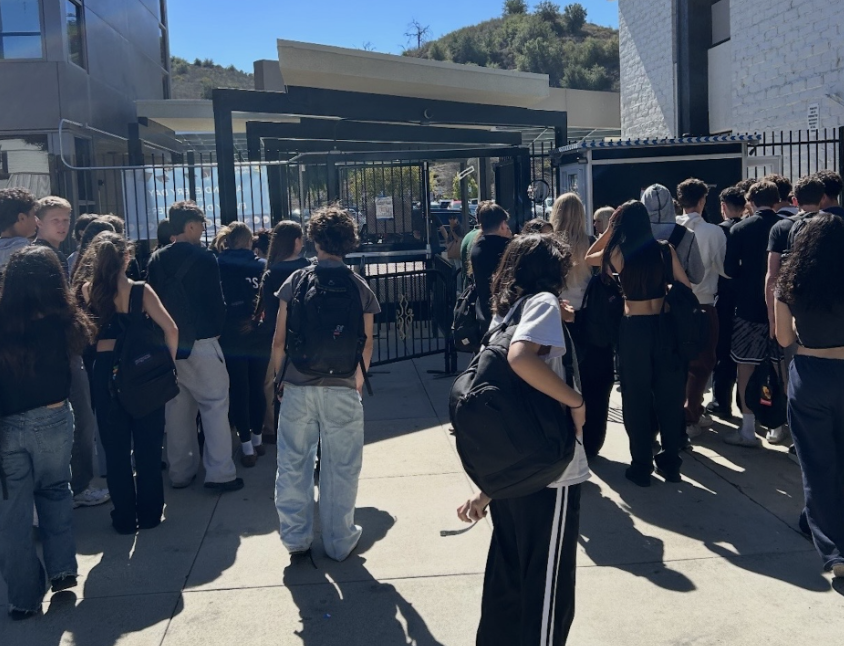
On June 30, 2022, UCLA and USC announced their departure from the Pacific Conference (Pac-12) to join the Big Ten, starting Aug. 2024. This ignited the death spiral of the Pac-12 for collegiate sports. Following this, Oregon and Washington left to join the Big Ten with Arizona, Arizona State, Colorado, Utah, UC Berkeley and Stanford also leaving the Pac-12 for various other conferences. This leaves the Pac-12, a conference founded in 1915 as the Pacific Coast Conference, with only Oregon State and Washington State. Though multiple factors have been stated for the breakup, there is truly only one overarching cause: money.
Since the Pac-12 Conference failed to secure a lucrative TV deal, paying as much as the contracts of conferences like the Big Ten, the teams went in search of higher pay. The Pac-12 got to this point due to mismanagement of Conference finances, including poor distribution of TV rights money to the schools, high salaries of Conference executives and the inexplicable business decision to operate the non-profit Pac-12 Network independent of any established TV network support. With the exception of the Pac-12, all other Power 5 Conferences joined their respective TV networks with established broadcasting companies. The SEC and Big-12 Conferences joined with ESPN, the Big-10 Conference joined with Fox and the ACC with Walt Disney and ESPN.
It is yet to be seen what will happen to the two teams remaining in the Pac-12, but regardless, the same question remains. Is this ethical?
The schools’ decisions to leave the Pac-12 were made solely with money in mind. This alone is enough to say it was not fair. Once the implications of this change on students are considered, this becomes even more apparent.
The break-up shows a clear disrespect toward students. This change will cause student-athletes to travel significantly more, likely causing increased stress, not to mention any conference loyalty these students had was blatantly ignored.
Supporters of the Pac-12, also known as the Conference of Champions, will have their allegiance divided from what was once a Conference worthy of bragging about. Such accolades include UCLA basketball having the most national championships (11), the top four colleges producing the most Olympic medal winners (Stanford, UCLA, UC Berkeley and USC) and the top three schools with the most inter-collegiate sports titles (Stanford, UCLA and USC). The impact the Pac-12’s death has on student-athletes makes it very obvious that this was not a proper decision.
However, this may be a bigger issue than the Pac-12. The last time a team in the conference made it to the College Football Playoffs was in 2016, with attendance rates similarly flailing. It is fair to say that one of the reasons the Pac-12 could not secure a high-paying TV contract was due to this poor performance and fan turnout. Traveling across the country for away games is not likely to improve a team’s performance or its fanbase. The fact that schools and their students will suffer due to having less-than-stellar sports teams is simply outrageous. These top-tier schools now may not attract the same caliber of academic and athletic applicants. College football should be about school pride—not finances.
Outside of NILs, the NCAA rules prohibit payment for student-athletes, so why should college football be about money?














